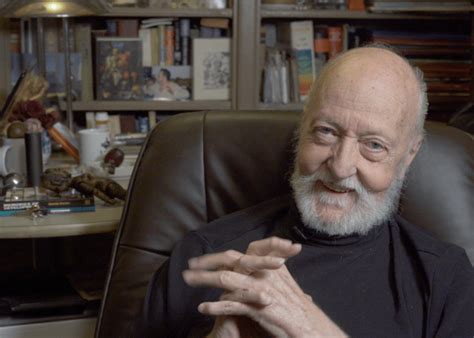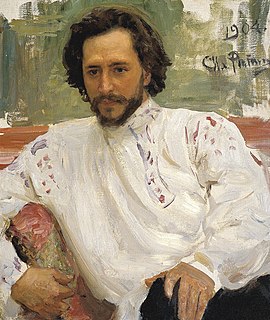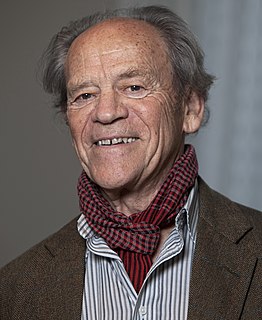A Quote by David Eagleman
Visual cortex is fundamentally a machine whose job is to generate a model of the world.
Related Quotes
A Machine to Make a Future is an insightful and creative contribution to the literature--both scholarly and journalistic--on contemporary genomics. By 'experimenting' with narrative genre, the authors hope to generate different insights into the world of genomics and biotechnology than ones generally presented in existing accounts. They succeed at that goal, providing an account that is ethnographically rich and analytically open to a world whose structure, implications, and outcomes are very much in the making.
ll industries have been disrupted and disruption tends to generate gatherings for people to share information. I don't think media are unusual here. Add to that the discovery, or perhaps expansion of the awareness, that events can generate revenue. So now we have companies whose business model is heavily based on events, whether it is Re/code or South by Southwest or many others. Those kinds of gatherings were once more institutionally oriented inside trade associations. Now they have been expanded out.
I think it's an important part of the visual effects supervisor's job to get really deeply embedded in production and keep us all focused on trying to generate the best result. I'm not proprietary about, 'I would rather do this effect than let physical effects do it.' No, let's do the smartest thing for the movie.
Even more ominous ... is the fact that since the Second World War a new kind of intellectual has emerged in large numbers. ... he is only minimally interested in the proper intellectual significance of images and objects. Such people are not really intellectuals, but visuals ... A visual is more interested in style than in content ... A visual does not feel a rioting crowd being machine-gunned by the police, he simply sees a brilliant news photograph.





































